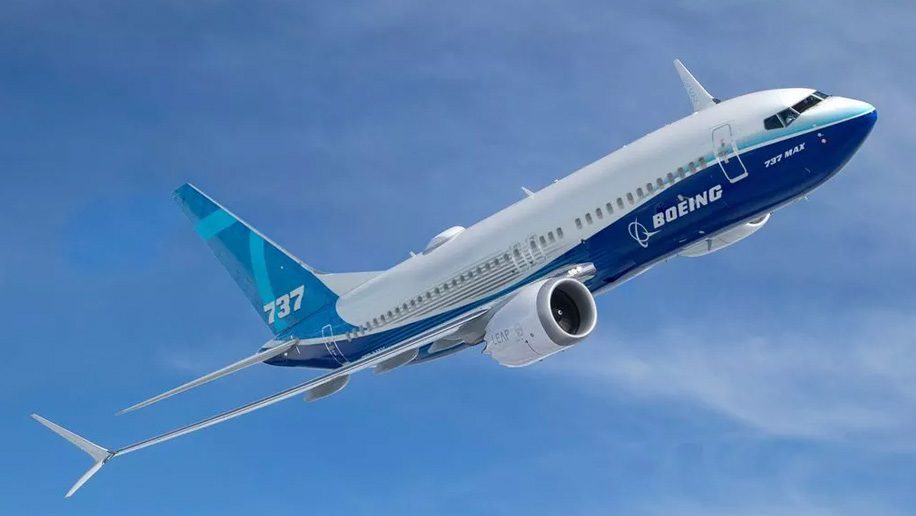South Korean air carriers will be subject to a government safety probe within the next month, a move by the Transport Ministry to improve safety checks in the wake of global concerns over component malfunctions of Boeing 737 Next Generation aircrafts.
Following the Ministry of Land, Infrastructure and Transport’s announcement of the measures on Wednesday, a total of 150 B737 NG aircrafts operated in the country are to undergo an emergency safety inspection by the end of November.
The inspection plan was decided during a meeting held with executives and engineers from the country’s nine carriers -- Korean Air, Asiana Airlines, Jeju Air, Jin Air, Air Busan, Air Seoul, Eastar Jet, T’way Air and Fly Gangwon.
This follows an emergency return of Jeju Air plane last week, caused by a defect in its autopilot. Jeju Air said its B737-800NG plane departed Gimhae International Airport in Busan for Seoul, but the plane’s autopilot warning light was activated 10 minutes after takeoff. The aircraft returned to the landing strip 44 minutes after departure.
 |
(Boeing) |
According to the ministry’s latest safety inspection on 42 B737 NGs that have flown more than 30,000 times, nine of them -- five operated by Korean Air, three by Jin Air and one by Jeju Air -- were found to have structural cracks in the pickle fork area of the aircraft. The planes were immediately grounded.
For the remaining 108 B737 NGs, the government was to conduct within five months inspections on 22 of them, which have flown more than 22,600 times. But the schedule will be advanced to November, the ministry said. Another 86 B737 NGs which have flown less than 22,600 times will also come under the inspection immediately.
A single B737 can fly 200 times per month.
B737 NGs that are grounded by the government will go through repair and maintenance by Boeing engineers who will fly in from US next week, the ministry added.
Boeing is reportedly planning to repair the defective B737 NGs by completely replacing all components to fix issues with structural cracks.
Whether the defective planes will resume operation after repair will be decided by the government’s flight safety supervising authority.
While some voiced concerns that problematic aircrafts that have flown more than 22,600 times should be grounded permanently, industry insiders said it is practically impossible, as the majority of low-cost carriers heavily rely on B737 NG models.
“Not only there is a concern with Boeing for the B737 NG aircraft lease terms, but many LCCs will not be able work with profitability when they ditch B737 NG model, which is considered to be fuel-efficient with superior capacity,” an industry insider who declined to be named told The Korea Herald.
Meanwhile, the ministry said it will also review each airliner’s emergency safety training of pilots, their repair processes of components and manuals for emergency flight operation control.
Early this month, the US Federal Aviation Administration has ordered air carriers to inspect B737-NGs for structural cracks after Boeing discovered cracks on an aircraft undergoing modifications in China and notified the FAA of the issue.
By Kim Da-sol (
ddd@heraldcorp.com)





![[Exclusive] Hyundai Mobis eyes closer ties with BYD](http://res.heraldm.com/phpwas/restmb_idxmake.php?idx=644&simg=/content/image/2024/11/25/20241125050044_0.jpg)

![[Herald Review] 'Gangnam B-Side' combines social realism with masterful suspense, performance](http://res.heraldm.com/phpwas/restmb_idxmake.php?idx=644&simg=/content/image/2024/11/25/20241125050072_0.jpg)
